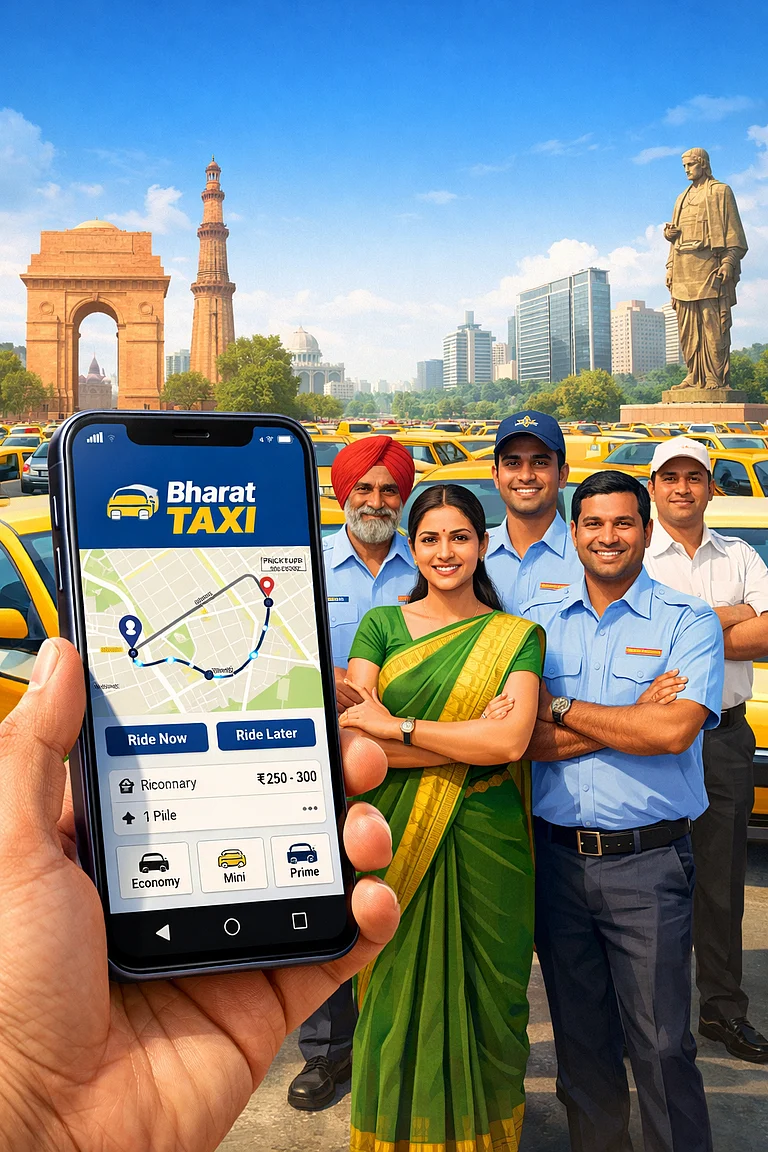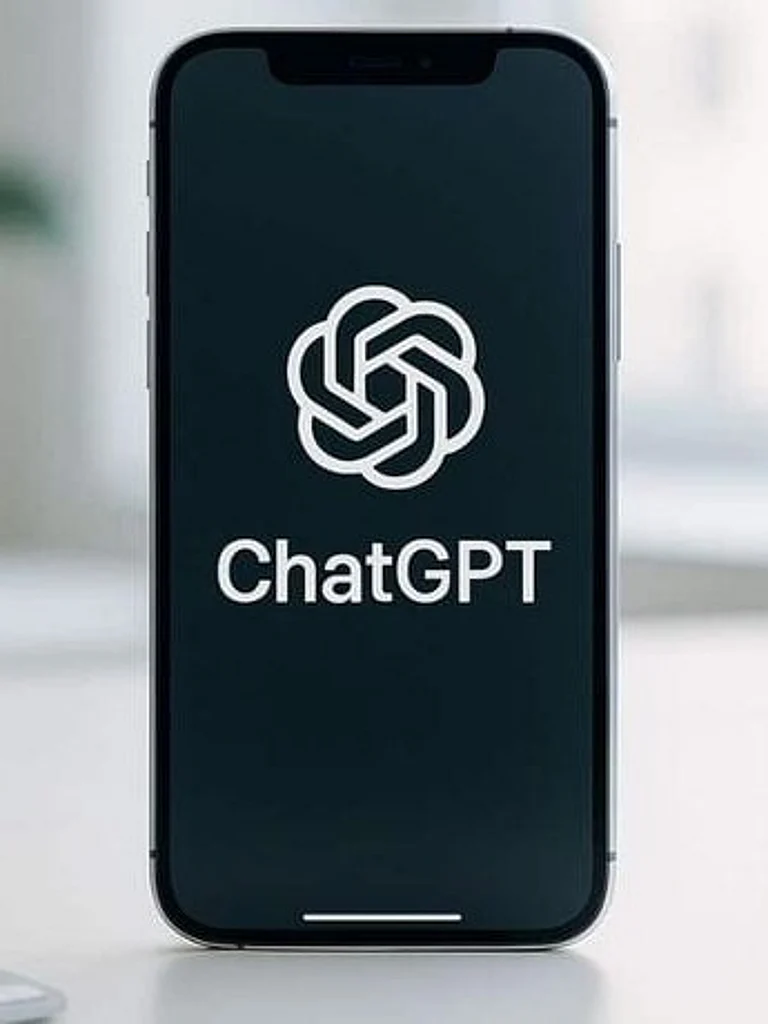Over half of the consumers surveyed have experienced subscription traps, hidden charges and other dark patterns on purchasing apps or other software through their mobile application stores, online research firm LocalCircles said on Monday.
LocalCircles during the survey came across instances where the consumer opted for a free app or one-time service but later was drawn into a subscription service.
The Central Consumer Protection Authority (CCPA) on November 30 issued a gazette notification to ban dark patterns.
The government has identified 13 types of dark patterns which include false urgency, basket sneaking, confirm shaming, forced action, subscription trap, interface interference, bait and switch, drip pricing, disguised advertisement, nagging, SaaS (software as a service) billing and rogue malwares identified as dark patterns, the report said.
"67 per cent of consumers surveyed who bought something via app platforms and SAAS platforms said something that was sold to them as a one-time software or service has often turned out to be a subscription trap," the survey report said.
LocalCircles said that the survey conducted between December 1, 2023 and January 30, 2024, received over 44,000 responses from users of apps or software subscription services located in 331 districts of India but the number of responses on each question was different.
"71 per cent of consumers surveyed who bought something via app platforms and SAAS platforms experienced hidden charges associated with purchases which were not presented upfront but only later when they were making the payment," the report said.
According to the survey, 50 per cent of consumers surveyed who bought something via app platforms and SAAS platforms have experienced bait and switch dark patterns where the app or software delivered to them was different than the one promised to them.
Around 25 per cent of consumers surveyed who downloaded apps via app platforms experienced that some apps had rogue malware which stole private information from their devices or installed unauthorized software, the report said.


























.jpg?w=200&auto=format%2Ccompress&fit=max)




